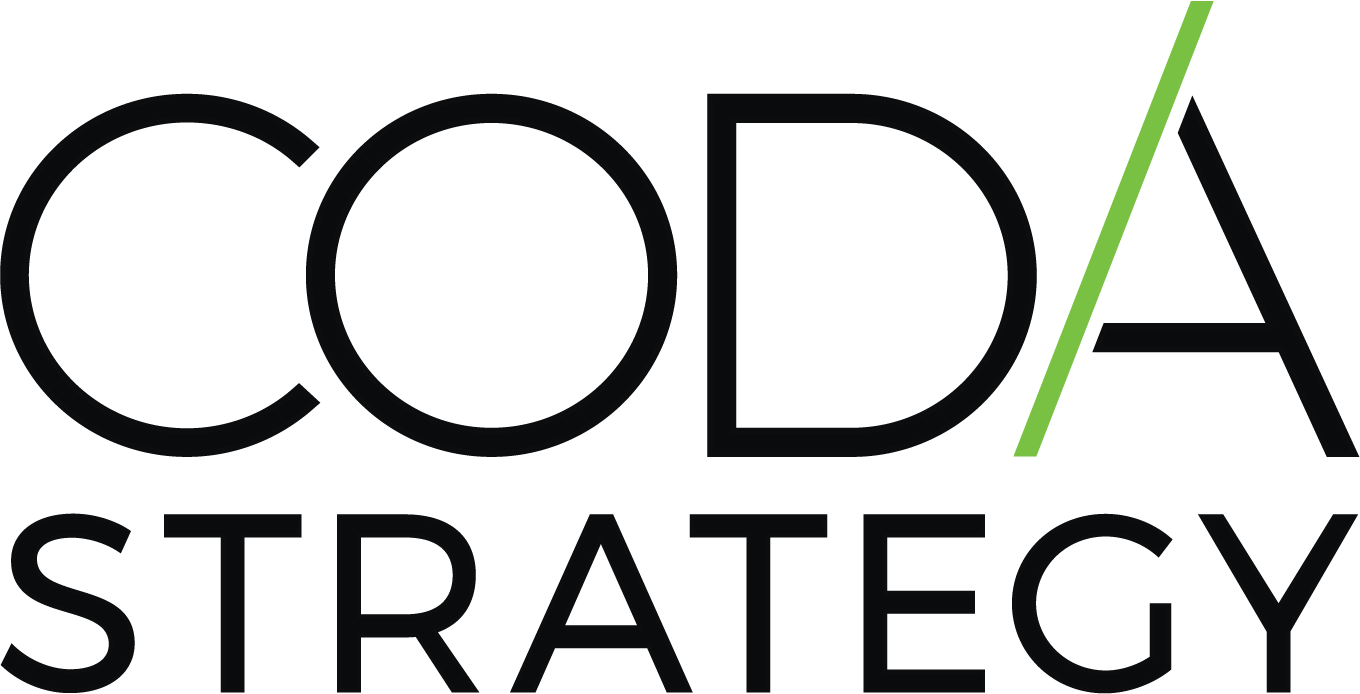
Is independent consulting a blip on the radar, or is it poised to grow?
The year 2020 proved to be a year of monumental change to societies across the globe. Then, 2021 became the year of the Next Normal. And while the Future of Work will remain fluid into the future, there is little doubt that tomorrow’s workforce will be more dynamic, more connected, and more remote.
Rising to meet this demand is a cohort of tech- and relationship-powered companies: the independent consulting networks. Offering access to on-demand talent to firms to solve challenging problems, these talent platforms aspire to reshape the consulting landscape.
The rise of the independent consulting networks
Now, independent talent networks are not new. In 2013, Clayton Christensen and his colleagues remarked that consulting was on the cusp of disruption. The premise is simple. Some problems are well-defined. The scope of the solution is clear. Why pay for a marquee brand, when you can access an independent expert at a fraction of the price?
For example, commercial due diligence and pricing strategy are challenging. But they are also well-defined. There are experts who have solved those problems before. Similarly, a digital transformation program requires multiple talented individuals, but a single digital strategy consultant could help get the program started.
Thus, the market for independent talent continues to grow. According to a joint study by HBS and the BCG Henderson Institute, the number of digital talent platforms grew from 80 in 2009 to more than 330 in 2019. In their 2021 Talent Trends Report, Randstad Sourceright found that 77% of companies say their talent strategies are now more focused on workforce agility than ever before. These studies also contain advice for companies on how to engage on-demand talent.
However, the majority of advice today is targeted at corporations. There is little advice for the independent talent. While many talent networks offer guides to members, navigating the landscape for these platforms can be daunting. Thus, this article attempts to bridge that gap.
Value creation in independent consulting
In the 1970’s, researchers conducted a series of studies on the benefits of teaching Latin to high school students. They showed dramatic improvement in their English and SAT Verbal scores. The researchers reasoned that learning Latin forced students to learn grammar all over again from the very basics. This in turn helps their English grammar.
Similarly, going independent forces experienced professionals to learn consulting all over again from the very basics. You start with no brand and possibly no clients. You build it all from scratch. In the end, it makes you a better consultant.
Now, an independent talent network is a platform. David Rogers, who teaches at Columbia Business School, defines a platform as:
A platform is a business that creates value by facilitating direct interactions between two or more distinct types of customers.
The Digital Transformation Playbook
An independent talent network is an exchange platform. For example, exchange platforms like eBay and Etsy connect buyers and sellers of products, while Airbnb and Uber make connections for services.
In this case, the two distinct categories are:
- Individuals at firms looking for talent to solve a problem (hiring managers)
- Individuals with expertise looking for a problem to solve (independent experts)
Thus, independent talent platforms create value for both hiring managers and experts. For the experts, this may include lead generation, account management, contracting, and invoicing. In turn, the platforms make money by taking a percentage of billable revenue, which ranges from 20% to 30% or more.
So, what are the platforms that are out there?
A small sampling of the independent consulting platforms
First, it would be infeasible to catalogue all 330+ networks that exist. Thus, I have restricted this list only to those with which I have direct experience.
Furthermore, each platform has a distinct focus. In an effort to provide meaningful differentiation, I focus on their distinctions. However, I cannot cover all niches. This list may not be the most relevant platforms, as new marketplaces continue to emerge. They are simply the ones with which I am familiar. For example, Toptal, Fiverr, and UpWork are established, leading platforms. I just don’t have experience with them.
Now, without further ado…
Roundly considered the most established and most prestigious market for high-end independent talent, Business Talent Group offers an impressive array of interesting and impactful projects. According to their latest annual High-End Independent Talent Report, 30% of their clients are C-suites and presidents, and 40% are SVP’s and VP’s. Their projects include marketing & sales, strategy & opportunity assessments, and interim leadership, among others.
In April 2021, BTG announced that they had agreed to be acquired by Heidrick & Struggles. The combined firm aims to become a global leader offering the full spectrum of executive and high-end talent solutions. In addition, the firm recently began investing in technology. They have implemented a custom Salesforce solution to better manage matching supply with demand.
Catalant Technologies offers a sophisticated platform with new postings on a daily basis. One of the most technically savvy marketplaces, Catalant bills itself as a technology company first, rather than a traditional talent management agency. The site features an excellent mix of requests from private equity firms, PE-backed firms, and Fortune 1000 companies. (Private equity firms offer an excellent chance of repeat business. If you do well with one portfolio company, they may ask you to help with another.) Typical opportunities include commercial due diligence, go to market strategy, and technology & digital implementations.
In March 2021, Catalant announced the close of $35 million from a Series F round of investment, after a Series E round of the same amount in January 2020. As of this writing, the platform seems committed to improving the independent talent experience, investing resources to enhance the power of its platform.
In contrast to the other networks, GLG Insights offers a platform for experts to provide insights to clients through expert calls. Typical clients include professional services firms, investment management firms, and enterprise technology companies. Matching is through a push system, with opportunities curated for experts by the platform’s algorithm.
Expert calls are usually 1 hour long, and orchestrated through GLG itself. It is difficult to capture the sheer breadth and depth of questions that clients are looking for insight on. Clients are typically looking for insight into an extremely specific and targeted problem. If you enjoy being paid to tell stories to clients, then GLG offers an excellent vehicle.
Similar to Catalant, Graphite also has the feel of being a technology company first. One of the bolder platforms, the website’s designers are not afraid to experiment, with a slew of changes throughout 2021 alone. Graphite received $15 million in Series A funding in August 2021.
As of this writing, Graphite has found a niche with professional services firms. Its clients range from the global Big 4 firms to small, focused boutiques. Like private equity, professional services firms also offer an excellent chance of repeat business. For those who excel at maintaining a long-term relationship with a firm, and who enjoy a variety of opportunities, Graphite offers an excellent mix of clients and projects.
Umbrex, and its sister network Veritux, are the brainchild of Will Bachman, a former McKinsey engagement manager turned entrepreneur. Umbrex is targeted toward ex-MBB, while Veritux is intended for alumni of Big 4, Tier 2, or former top executives.
The two are the most network-focused platform that I know. They offer a place where members can interact with and learn from each other. In contrast to other networks which ultimately encourage independent talent to compete against one another, they foster a sense of community.
Closer to a traditional recruiting firm, ECA Partners offers a mix of full-time roles, interim execution positions, and on-demand consulting. Founded in 2010, ECA has a large base of private equity clients. They offer an excellent market for high-impact opportunities, developed through a staff of trusted advisors. (Again, private equity firms offer an excellence chance of repeat business.) ECA also offers a publicly visible job board. It features both private equity and corporate positions.
Beyond the United States: international networks
While the United States remains the largest market for independent talent, newer platforms have risen to meet growing demand in other geographies. They include some of the following.
The most international of the platforms that I have found, Talmix hosts an impressive range of opportunities across the Americas, Europe, and Asia. For independent consultants with global expertise, Talmix could be a game-changer.
Representative projects on Talmix include commercial due diligence, FP&A, technology & digital, and interim management. Talmix also displays the exact number of applicants for every opportunity. This increased level of transparency could potentially save a busy consultant precious time.
COMATCH is a Germany-based talent network. It offers a leading marketplace for independent experts based in Europe. Well-tailored to the market, they allow experts to create three profiles – in English, German, and French. The platform also offers an excellent range of freemium courses, taught network members. Typically, each class features an introductory session, with the opportunity to enroll in a longer, paid program.
COMATCH uses a push system rather than a job board. Members are invited to apply to a curated list of opportunities. However, since the majority of opportunities are European, few have come my way. There were two requests looking for Chinese-speaking experts, but unfortunately they were in areas too far outside my domain. I have found the classes to be great, though.
Founded in London in 2016, MeasureMatch is a technology platform designed for technologists. The network specializes in curating opportunities for niche technologies and digital platforms. MeasureMatch also uses a push system. Representative projects include marketing, analytics, eCommerce, Tableau, and Salesforce. Clients seem to request short, high-impact engagements, with budgets typically under €10,000.
How do you stay one step ahead?
Now, for independent consultants, knowing the available platforms is only the first step. The learning curve is still steep. It is critical to develop a solid game plan. So here are three actionable recommendations for navigating the platforms.
Select a set of channels
First, the best advice is to develop opportunities through your network. The talent platforms can fill the gaps, but direct is always best.
Now, nobody in my network relies on a single channel. Even the platforms will recommend against relying on just one. On the flip side, it is counterproductive to spread oneself too thin. A focus on 3 to 5 at a time works best for me.
Of course, geography also plays a role. Devoting attention to a US-centric talent platform when you’re based in Europe is also counterproductive.
Take the time to learn how their system works
Most platforms work as follows. First, they contain a list of projects. Then, experts submit pitches for relevant posts. If there’s a match, a client can ask for a proposal. The last step is contracting, and then the project begins.
However, each platform has its own processes and its own look & feel. There is a learning curve. It is important to learn the nuances of each platform. That means submitting pitches to get better at pitching.
Build relationships with the account teams
Each platform has also its own staff of dedicated account executives. They provide can provide invaluable insight, both on a client’s request and on how their platform works. They are also people. People want to help people they like. And so it helps to be likeable. Building relationships is important.
In the world of consulting, relationships are a form of currency. Establishing trust with a network’s team can offer a competitive advantage.
Let’s make independent consulting easier
For now, entry barriers to independent consulting remain high. At first, it feels like a plunge into the unknown. Little guidance exists on how to navigate the market. I want to help change that.
If you found this guide useful, or if you have questions, comments or suggestions, please feel free to reach out to me.















How to Build a Talented Team of Freelancers for Your Business
January 28, 2022[…] freelancers from all over the world is simple thanks to online job boards such as Upwork or Fiverr. These sorts of boards attract talent from around the world, and […]